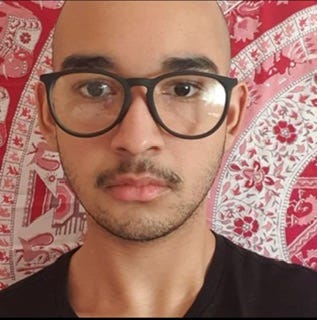Uncle Says: Let’s talk about literary diversity and inclusivity.
The latest installment of the Uncle Says series by A.R.Arthur
Diversity and Inclusion have become part and parcel with work, education, and all facets of many western societies in the 21st century; but, in the literary world, a greater emphasis has been placed on ensuring immediate efforts that challenge the inequality that permeates our global community. But how can we ensure that we are aiding the battle for inclusion, diversity, and fairness in a world and community that is still so unequivocally unfair?
We must begin by challenging the naysayers that perpetuate the stagnation of efforts to change the lacking diversity, which continues to allow bigotry, racism, xenophobia and more to proliferate. During the early times of COVID-19, many spoke of the challenges we as a community faced. At that point, the literary community was entirely an online endeavor, but its passionate response highlighted just how slow the scene was to change. Many have hinted at the maintenance of racism by “purportedly liberal and elite sectors that maintain racialized traditions in their hiring until they are publicly shamed or otherwise coerced into widening access to people of color.”
But what does this mean for the wider literary world? The Indie lit community is rooted in a desire to do better than the big-league publishers. However, this desire to do better is generally contrasted by a plethora of characters looking to make quick money—those who lack an actual desire to uplift others and their words and, ultimately, those that care more about image than the power of words. Sadly, change has been slow and white—typically, white male dominance has continued.
Between 2019 and 2021 alone, just shy of 75% of contributors to Penguin Random House were white. This report was released 13 months ago and I am certain that this number is no lower today. Reader, Uncle has seen hundreds of contests where all white writers win or where all POC writers shortlisted receive honorable mentions and nothing further. Do we challenge this by simply submitting to selected venues that we know will value our work, no matter how small the pool is? Or, do we continue to fight for change across the network of literary organizations globally?
The answer is simple: continue to fight for your voice to be heard but channel your energy to POC led and run magazines, presses, journals, resources, and opportunities that ensure your enthusiasm is matched. Diversity and Inclusion start at home—in the mindset we choose as people of color, frustrated but ardent nonetheless. Never give up, and continue to challenge the status quo by working to develop a community that’s representative, not divisive.




